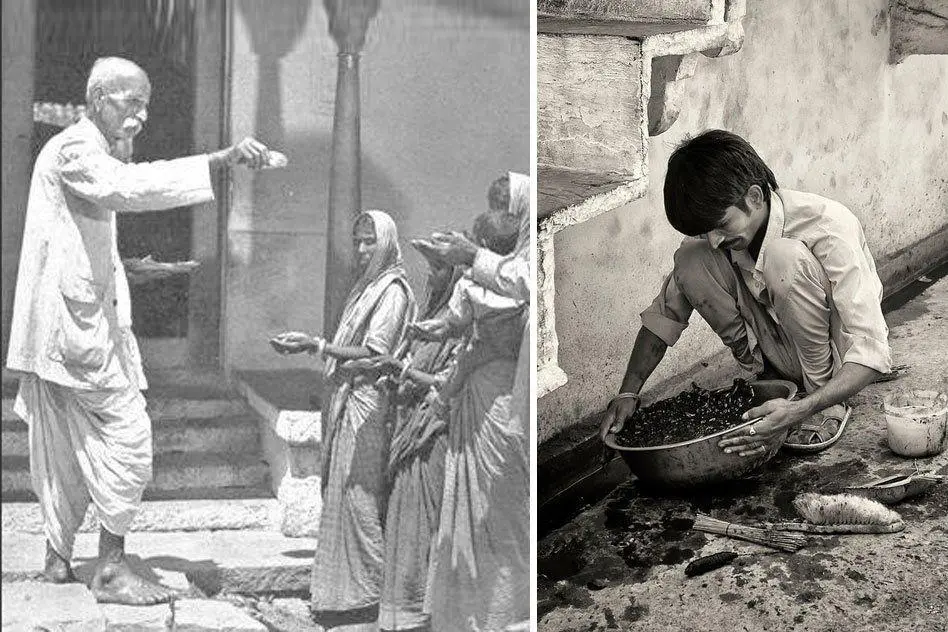Confronting marginalization is the proactive effort to address and eliminate the systemic exclusion, discrimination, and social disadvantage faced by marginalized groups. It involves recognizing and challenging the factors that perpetuate inequalities based on race, gender, socioeconomic status, disability, and other characteristics.
Struggle by Marginalized Communities: Various Struggles and Democratic Rights

Untouchability and Dalits
|
<div class="new-fform">
</div>